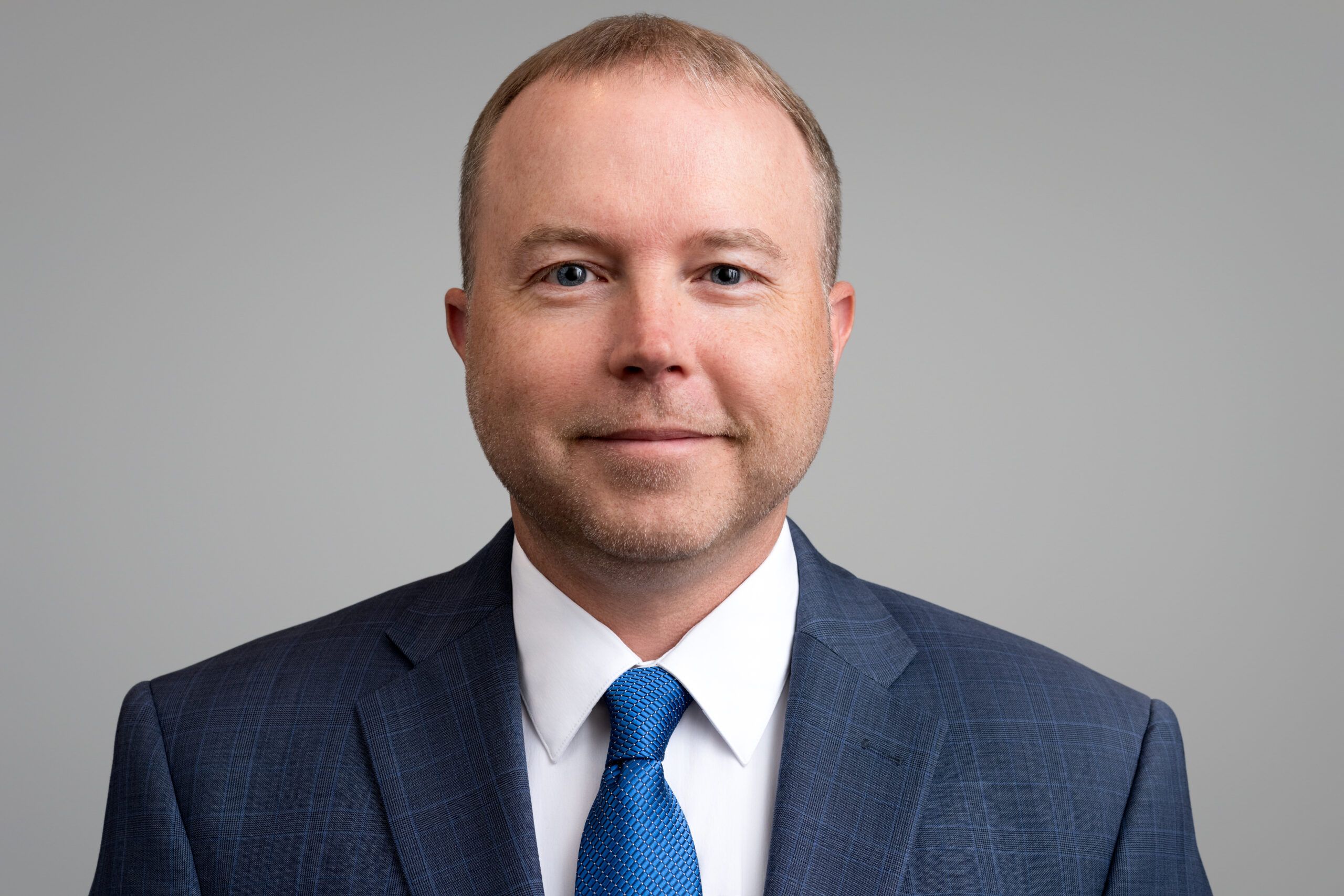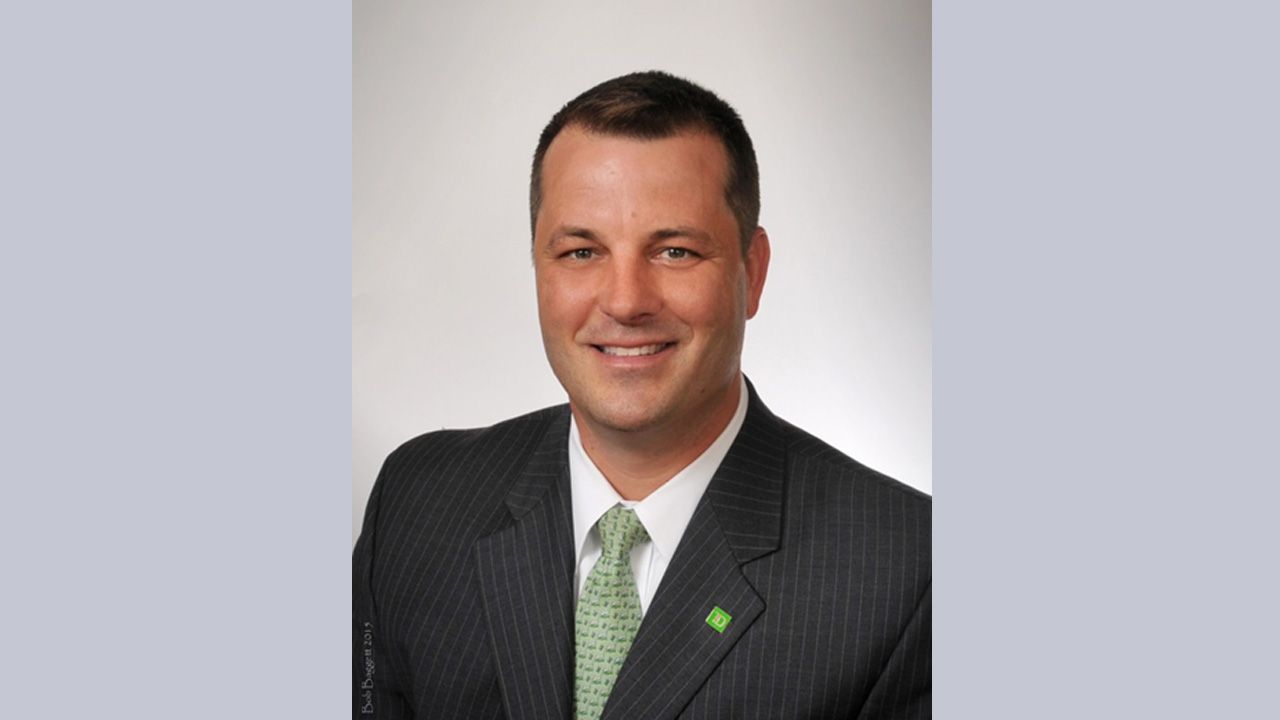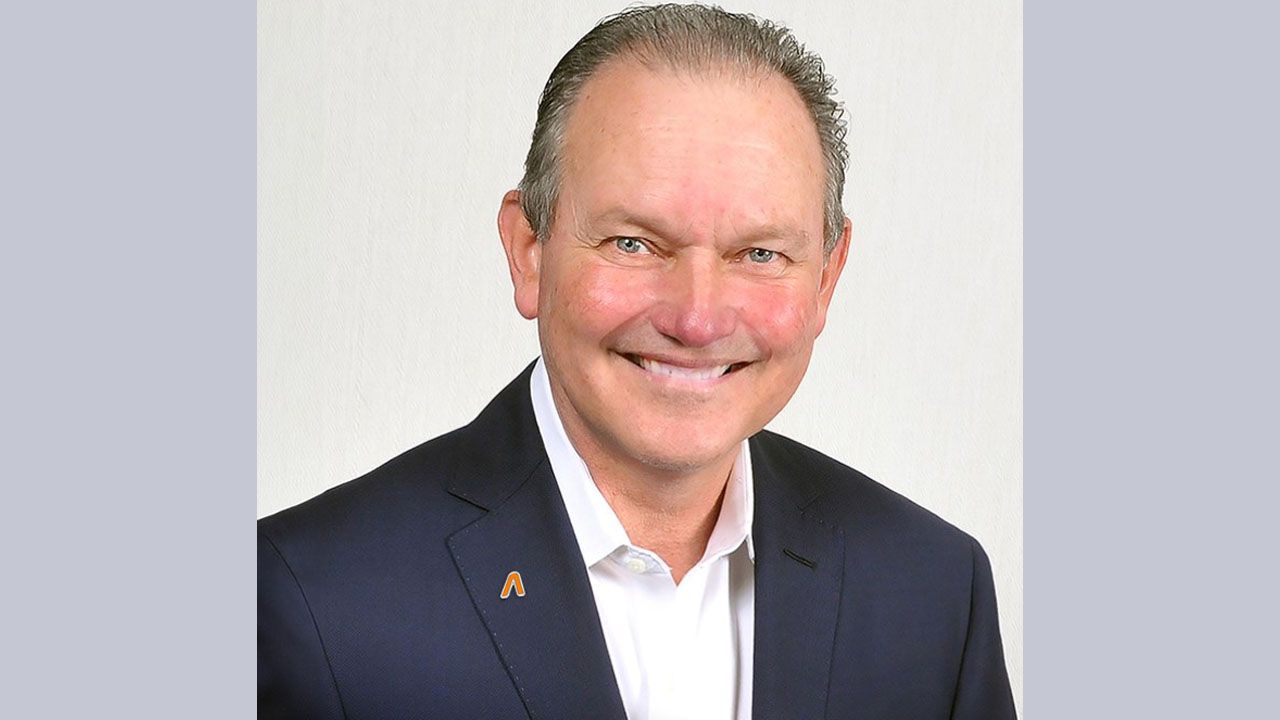I vividly remember being a teenager, and some of the things I believed back then, frankly, many more years ago than I like to admit.
One of the things that stands out still today is that I thought I knew so much more than I really did. Part of this was just the normal process of growing up. As we go from children to teenagers, we seek out our own identity, which often means denouncing what we’ve been taught in favor of striking our own path—no matter how wrong we may be. (At that age, we usually don’t realize how wrong we were.)
Fortunately, I was blessed with an amazing and supportive family who taught me a lot, both verbally and in action. My father, in particular, taught me the importance of financial literacy at a very young age. He also consistently demonstrated the importance of hard work and served as my greatest role model. He was a father but also so much more.
I attribute a lot of my success to our relationship and to the kind of man he was.
Unfortunately, many people didn’t have the benefit of that kind of relationship, even back then, and things have been getting worse in this regard over the last several decades. Add in the fact that traditional media and social media have conditioned people to believe getting rich should be quick and effortless, and America’s lack of financial literacy becomes an obvious outcome.
So, how bad is America’s financial literacy today?
According to the Milken Institute, a shocking 43% of Americans are not financially literate. That has long-lasting implications for the individuals directly affected, the children they raise, and the economy as a whole. That’s why even as our nation’s debt levels have spiked to historic highs, people still demand student loan forgiveness, funding for multiple wars, and stimulus payments. It’s also why:
- 78% of Americans feel like they live paycheck to paycheck.
- 1 in 4 workers never save any money from month to month.
- 36% of Americans said they wouldn’t be able to cover a $400 emergency.
- 62% of college graduates in 2019 owed an average of $28,950 in student loans.
Now, if I were a politician, I might give a speech or post something on social media about how we “need to fix this injustice” and then go on to my next fundraiser. Still, I’m an entrepreneur, so I believe in actual solutions instead of empty platitudes. That’s why I was honored to have the opportunity to help the Florida Department of Education create its new financial literacy curriculum in 2022, which is now being taught to all high school students in Florida. But despite this comprehensive curriculum, it’s still not a silver bullet that will magically solve all our problems, so we need to take additional steps as parents.
How to teach financial literacy from the ground up
Most households today need two incomes to keep a roof over their heads and food on the table, so understandably, many parents are spun out just trying to keep up. As a result, children are basically on their own far too much of the time. How about we get back to where you can have a family with two parents who are actually focused on raising their children and not just letting them be occupied by endlessly scrolling on YouTube and TikTok?
The first step is to develop and nurture discipline in your home. That starts with us as parents because our children will watch what we do far more than they will ever listen to what we say. So we need to ensure we’re consistently doing what we need to do—especially when we don’t feel like it. When we follow through on our responsibilities, even though we’re tired, hungry, frustrated, or scared, we set a rock-solid example of how to behave in society. In doing this, we also demonstrate the importance of following through on our word. This becomes the foundation for everything else we do to instill financial literacy in our children from this point on.
The next step is involving them in the workplace. If you’re an entrepreneur, this should involve them in your business. Part of that can be menial work like emptying trash cans or wiping down desks. Still, you should also be sure to involve them in other areas like finance, marketing, operations, and customer service where you can and in an age-appropriate way. If you’re an employee, depending on your job, you may still be able to do this, but you’ll probably have a few more restrictions than you would in your own company. As your children get older, you can involve them in more complex aspects of the workplace with more autonomy. This experience gives them a firsthand perspective of how things work in the real world, teaches them to respect others and thrive in a structured hierarchy, and creates tremendous advantages for them as they enter the workforce.
You should also have them run their own budget, with income from their allowance and any other “jobs” they may have, like additional chores or an age-appropriate role in your business. This will teach them basic accounting principles and enable them to make sound financial decisions. They should track and manage their spending and save, pay taxes, and invest. You can start simple, with topics like budgeting or balancing a checkbook, and work your way up to more complex topics like compounding, how credit works, or inflation.
There are many great resources on this topic, including books, podcasts, games, and even software. I’ll include links to some I recommend below.
- Cashflow (Board game)
- Rich Dad, Poor Dad (Book)
- Rich Woman (Book)
- Personal Finance for Teens Simplified (Book)
- Financial Literacy for Young Adults Simplified (Book)
- Inflation: The Silent Retirement Killer (Book)
- Dr. David Phelps (YouTube/podcast)
- The Money Podcast (Podcast)
- The Ramsey Show (Podcast)
- Greenlight (Software)















